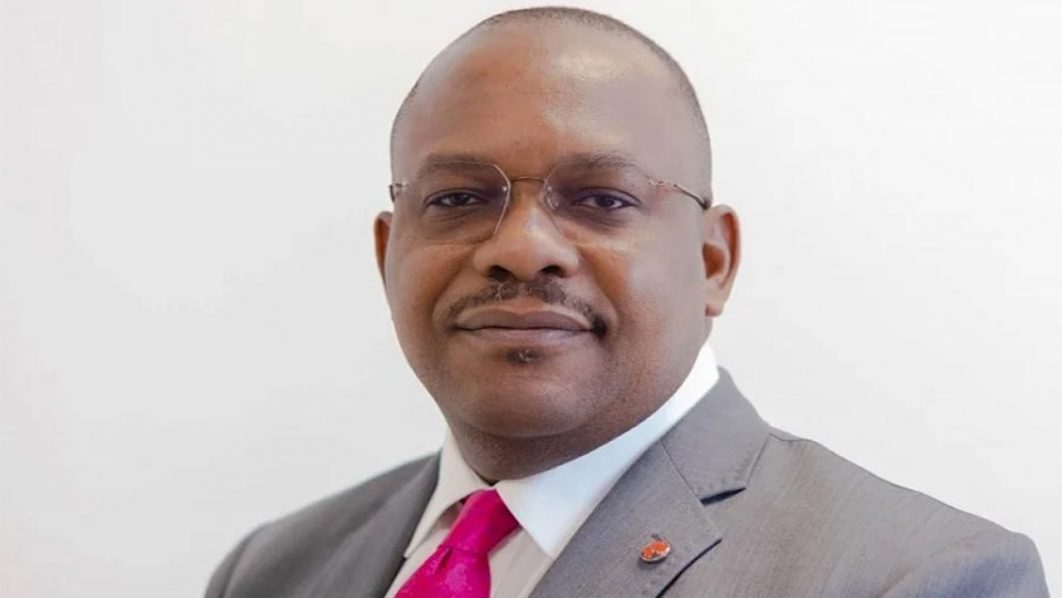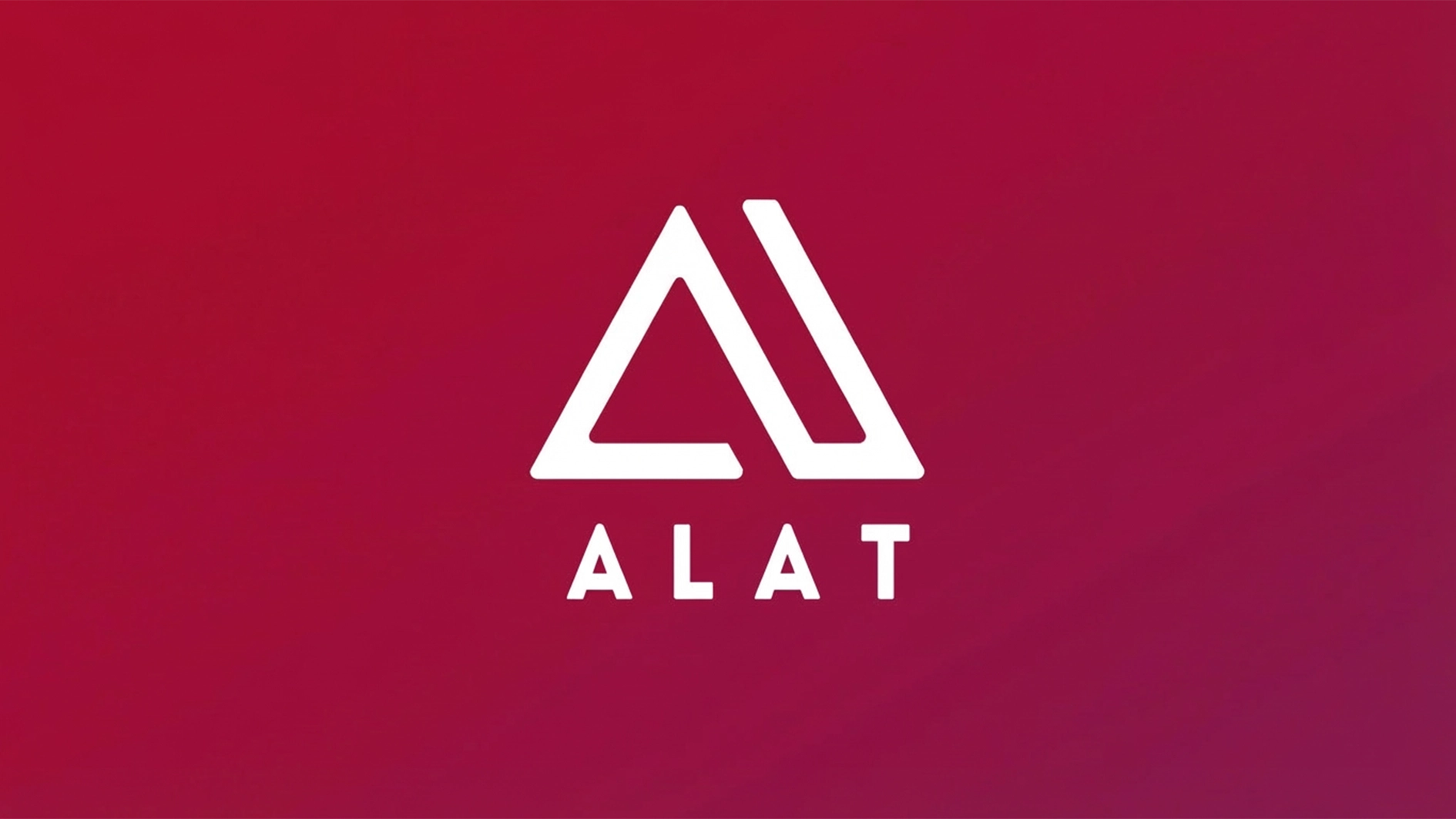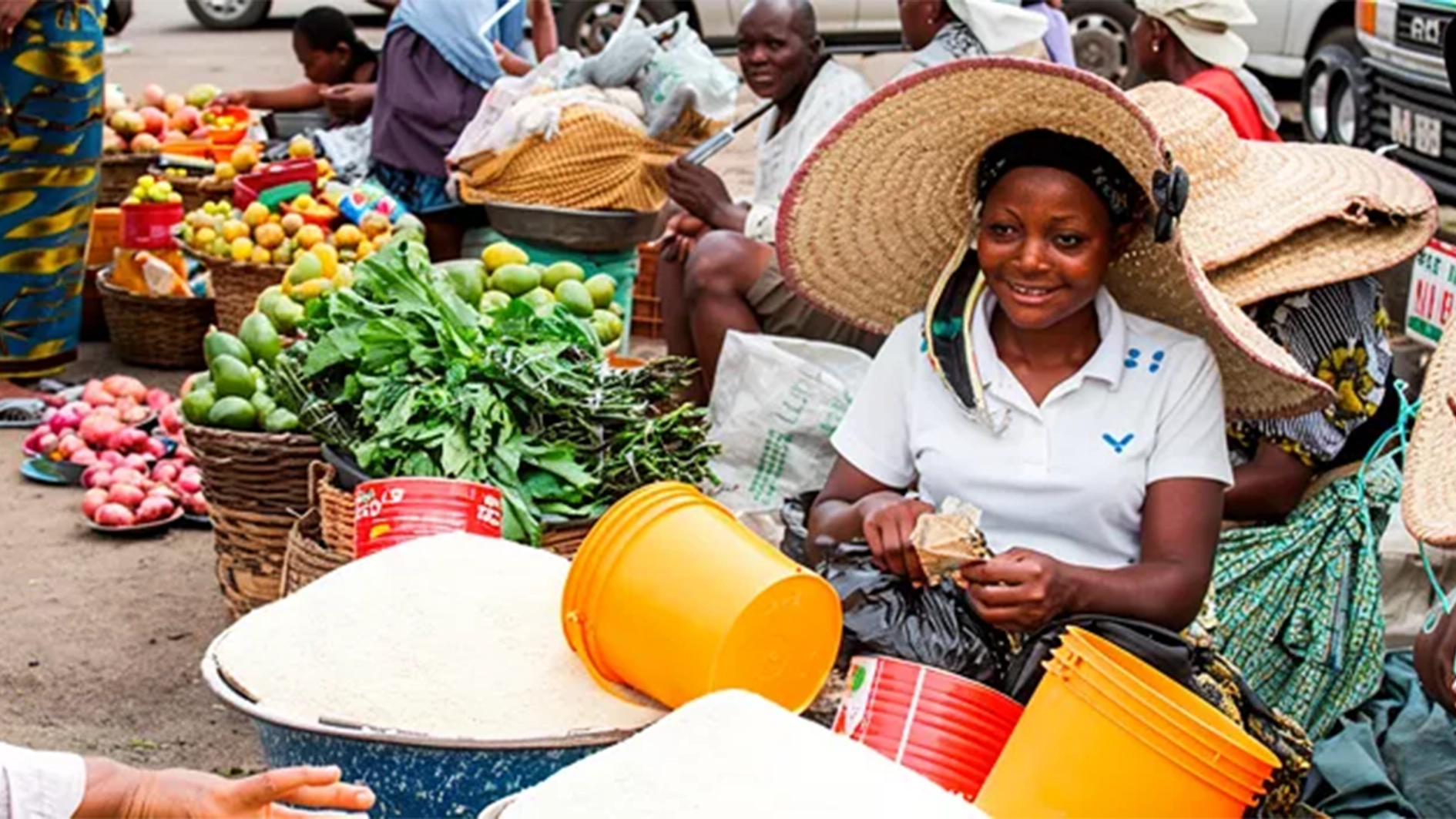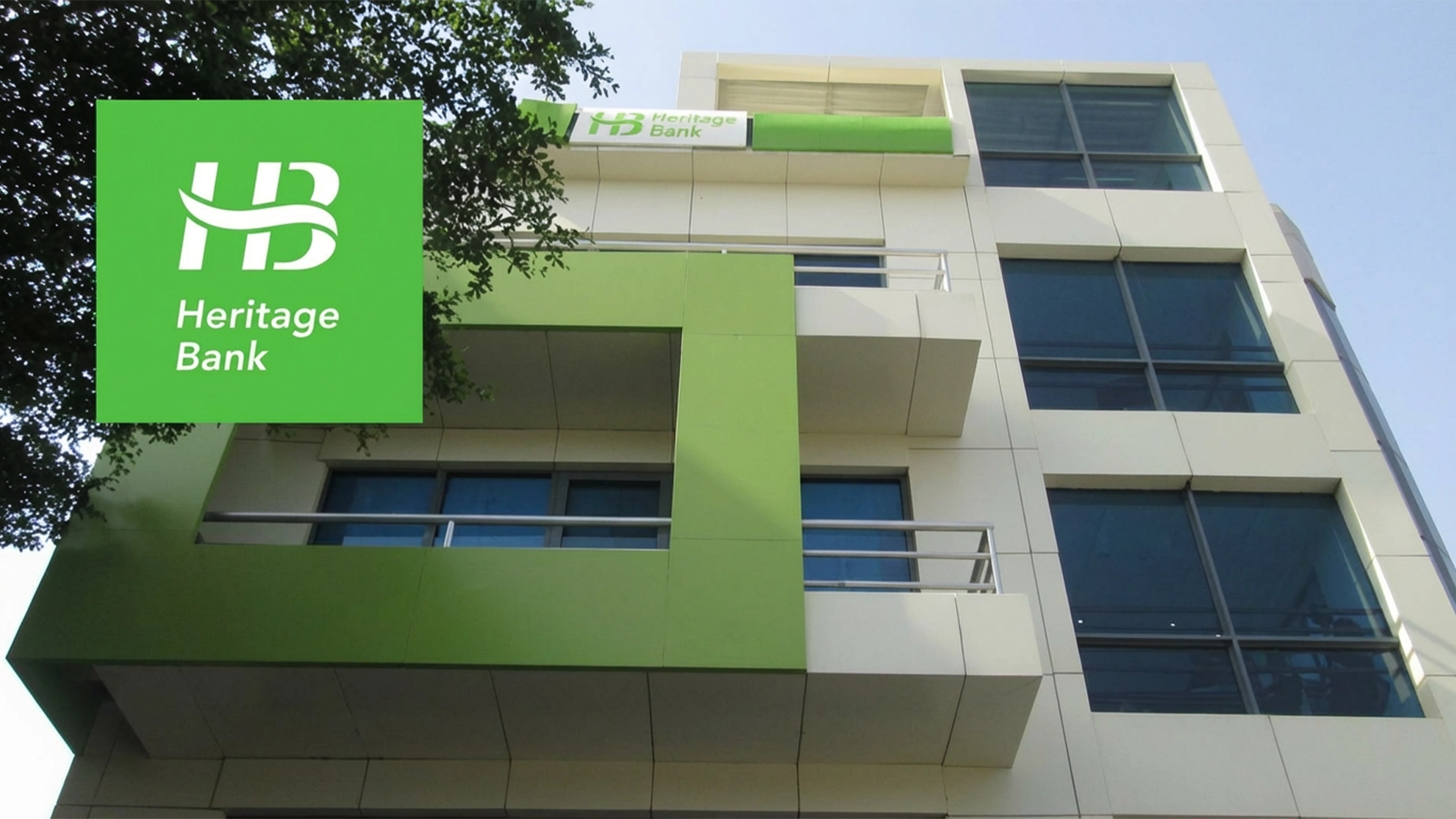
Nigeria’s potential to ramp up its crude oil production to 2.5 million barrels per day (bpd) is being hampered by a significant lack of investment and security, the Executive Director of Heir Energies, Osayande Igiehon, has said.
Although Nigeria has about 37 billion barrels of crude oil reserves, the country’s current production hovers around 1.3 million bpd against the projected 1.78 million bpd in the 2024 budget.
With divestment by international oil companies (IOCs) and challenges in securing financing remaining a major obstructing, Igiehon noted that overcoming investment barriers, navigating the global energy transition, and ensuring operational efficiencies are important to improving production in the country.
Speaking in an interview with Financial Times, Igiehon stressed that the ongoing shift in Nigeria’s oil industry landscape, where multinational oil companies are increasingly divesting their onshore assets to focus on deepwater operations is paving the way for independent and indigenous oil producers to take on a more prominent role in the sector.
While his company operates the Oil Mining Licence 17 oil field, he said the company handles about five per cent of Nigeria’s oil production and contributes roughly another 5 per cent to the domestic market.
Igiehon noted that while the global narrative focuses on the energy transition from fossil fuels to renewable sources, Nigeria is undergoing a significant transition of its own, particularly onshore.
According to him, by the end of the decade, it is expected that most onshore operations will be managed by indigenous companies rather than IOCs. He said tariffs and other challenges have created an environment that stifles investment in the oil sector, stressing that without substantial financial commitment increasing production capacity would remain a distant goal. Igiehon also said the global push for energy transition has made securing financing for oil and gas projects more challenging.
Despite the challenges, he noted that Heirs Energies has managed to double its oil production from 27,000 to 52,000 barrels per day within 100 days.
He said the issues in getting the oil to the terminal persisted, but that decisive government actions to secure the pipeline has pushed the output at the terminal to average 85 per cent of production.Igiehon praised the Nigerian government’s efforts to improve security and operational conditions, which have helped stabilize and enhance oil production.






